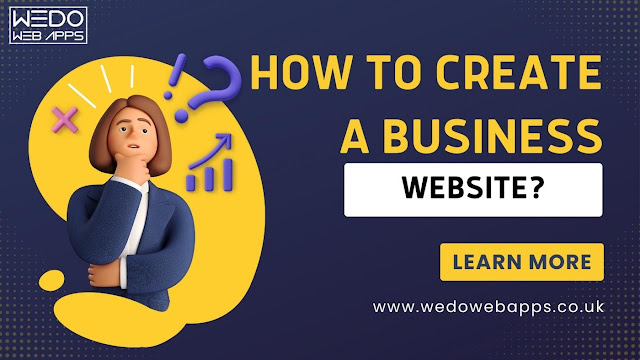As we immerse ourselves deeper into the digital age, the concept of creating a website for your business has become more crucial than ever. Whether you’re looking to establish your online presence, start a new venture, or tap into the UK market, crafting a well-structured and engaging website can propel your business to new heights. This article will be your comprehensive guide on ‘how to create a website’, particularly focused on UK-based businesses.
1. Why Create a Website for Business?
Creating a website for your business allows potential customers to discover your brand and its offerings. A business website acts as a virtual storefront, open 24/7 and accessible from anywhere. It’s a powerful platform for showcasing your products or services, demonstrating your brand ethos, and building lasting relationships with your customers.
a. Reach out to a larger audience
The internet has no geographical barriers, making your business accessible to a wider audience, including potential customers in the UK and beyond.
b. Enhance your credibility
A professional-looking website can significantly increase your business credibility. It shows that you are invested in delivering the best experience to your customers, earning their trust.
2. Setting Up Your Website: The Essentials
Now that you understand the significance of having a business website, let’s delve into the nitty-gritty of ‘how to make a website’.
a. Planning your website
Before you delve into the actual process of creating a website, it’s vital to plan. Determine the purpose of your website – is it to inform, sell products or services, or perhaps both?
b. Choosing a website platform
A variety of platforms allow you to create a website for free in the UK. Platforms like Wix, Squarespace, and WordPress offer user-friendly interfaces suitable for beginners and advanced users alike.
c. Selecting a domain name
Preferably, your business name should serve as your domain name. Keep it simple, short, and memorable. Various platforms offer domain name registration services.
d. Choosing a web host
Web hosting is the virtual home for your website on the internet. Most website platforms provide hosting services as part of their packages.
Read more:- create a business website

Comments
Post a Comment